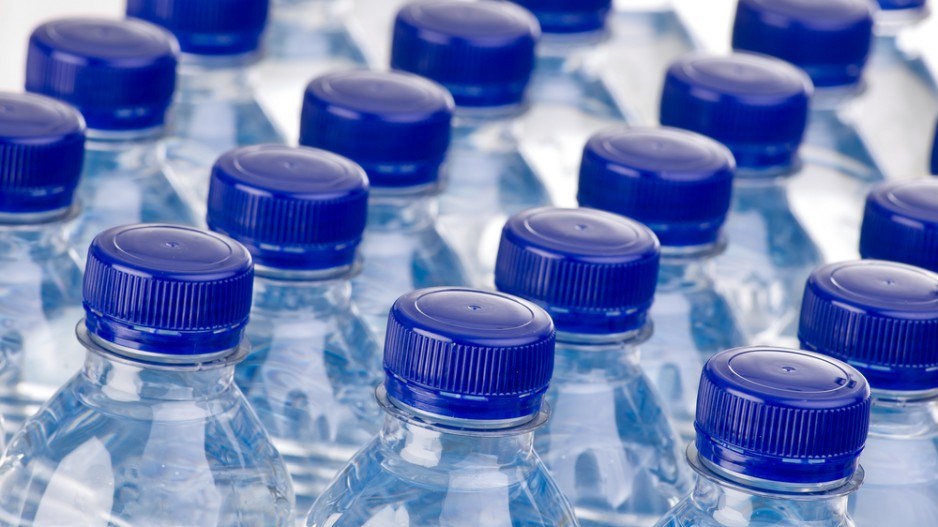Nestle and other companies that sell bottled water will have to start paying for well water under new pricing that goes into effect next year.
B.C. has generally not charged for well water in the past, even when consumed by business or agriculture on industrial scales.
That will change in 2016. The B.C. government has announced new prices for both surface and groundwater.
Rural homeowners who get their water from wells will not be charged new fees, but municipalities that get their water from wells will be charged, which could result in modest increases for homeowners on those systems.
Farmers who use surface or groundwater for irrigation will see the fees that they already pay increase, and bottlers and other industrial users, like Nestle, will pay $2.25 per million litres an Olympic-sized swimming pool contains about 2.5 million litres of water).
The revenue generated for the new fees will be used to implement the Water Sustainability Act.
The new rates are being applauded by the Chilliwack based organization, The WaterWealth Project, which helped raise the concern over large global corporations like Nestle getting groundwater for free.
Nestle is one of three bottlers in the Chilliwack area, said Ian Stephen, interim executive director for the WaterWealth Project.
“People were offended by the thought of these industrial users just drawing water for free and then selling it away,” Stephen said. “We were trying to broaden that conversation to issues of governance and proper stewardship of the water, not just whether or not the water is free.”
In the past, a lack of groundwater regulations has been a serious concern on Vancouver Island and the Gulf Islands, where unregulated sinking of wells has stressed freshwater aquifers.
It’s not clear how the new pricing model will impact natural gas companies, which use large volumes of water in hydraulic fracturing. While some water from lakes and rivers, other saline water from deep aquifers.




